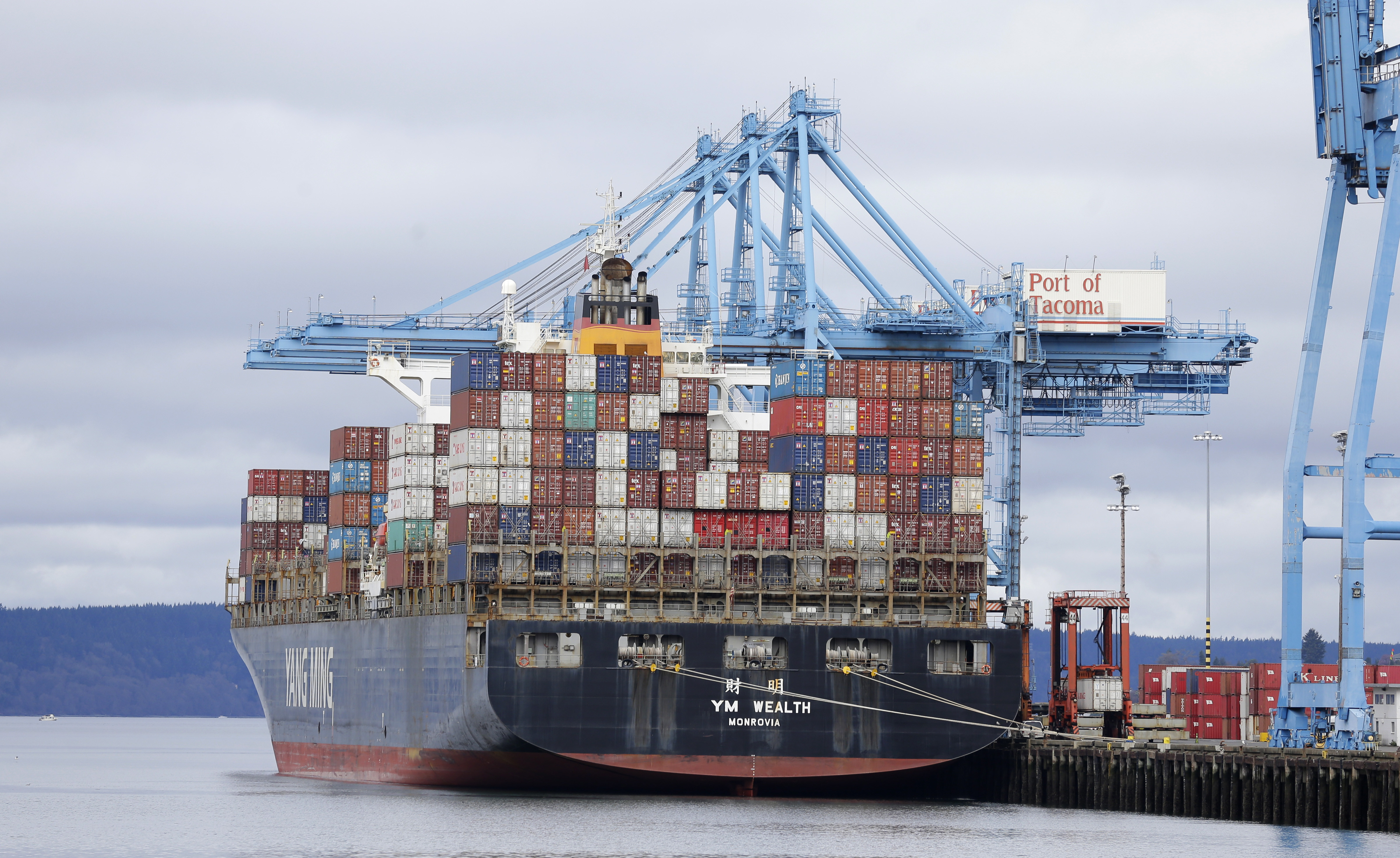Rogers Communications Inc. is taking control of professional sports in Toronto by acquiring rival BCE Inc.’s stake in Maple Leaf Sports and Entertainment for $4.7-billion.
Rogers is purchasing Bell Canada parent BCE’s 37.5-per-cent in MLSE, owner of the NHL’s Maple Leafs, NBA’s Raptors, CFL Argonauts and MLS’s Toronto FC, after sharing ownership of the platform for the past 12 years.
Montreal-based BCE said it will use the proceeds of the sale to pay down debt and expand its telecom network.
Buying BCE’s stake will give Rogers 75-per-cent ownership of MLSE and the telecom company has the right to purchase MLSE chairman Larry Tanenbaum’s stake in 2026. Rogers also owns Major League Baseball’s Toronto Blue Jays and their stadium, the Rogers Centre.
Last year, Mr. Tanenbaum sold 20 per cent of his holding company Kilmer Sports Inc., which owns his MLSE stake, to pension fund manager OMERS for $400-millon.
“MLSE continues to appreciate significantly, and together with our sports and media assets, we plan to surface more value for shareholders long-term,” said Tony Staffieri, chief executive officer of Rogers, in a press release. “This agreement also ensures long-term Canadian ownership and investment of these iconic teams.”
Rogers’ purchase of the MLSE stake is subject to regulatory and league approvals and is expected to close by the middle of next year.
Last year, Rogers acquired Calgary-based cable company Shaw Communications Inc. in a debt-financed $20-billion acquisition. Since then, Rogers executives have put a priority on paying down loans. On Wednesday, the company said in a press release the MLSE purchase “will not affect Rogers debt leverage and financing will include private investors.”
Rogers executive chairman Edward Rogers has long sought to control all of Toronto’s major sports franchise as part of a strategy to marry sports content with media and telecom services.
“Winning is everything for fans, and that’s why we’re committed to investing to bring more championships to Canada,” said Mr. Rogers in a press release. “We’re passionate about sports and we’re passionate about winning.”
In the long term, analysts predict Rogers will combine MLSE with its stake in the Blue Jays and raise money by spinning out a stake in the platform, through sale to institutional investors or an initial public offering (IPO).
“Down the road, we don’t see why the Jays couldn’t be integrated within the MLSE roster and the organization could then be IPOed at an even higher valuation than today’s valuation metrics,” said analyst Maher Yaghi at Scotiabank in a report.
“We believe this transaction bolsters Rogers’ existing sports assets (including the Blue Jays) providing support for an eventual crystallization of these assets over the medium-term,” said analyst Drew McReynolds at RBC Capital Markets in a report on Wednesday.
Bell is selling its MLSE stake while keeping the rights to broadcast games from the company’s teams for the next 20 years on its media outlets, including television sports network TSN. Mr. Yaghi said: “BCE has long indicated that it is a willing seller of MLSE as long as a transaction would not jeopardize its content sourcing for sports.”
Bell owns sports television network TSN, which broadcasts games featuring MLSE teams, and the deal provides Bell with the opportunity to renew its existing MLSE broadcast and sponsorship rights long-term at fair market value.” This includes rights to half of the Maple Leafs’ and Raptors’ regional games.
Last month, credit rating agency Moody’s downgraded BCE’s debt rating to the last level above junk-bond status, citing the company’s high debt levels and limited ability to improve the situation.
On Wednesday, BCE chief executive officer Mirko Bibic said in a press release: “Today’s announcement demonstrates that we are focused on creating the financial flexibility to support our ongoing transformation and core growth drivers.”
“We believe the transaction provides much-needed clarity around BCE’s balance sheet and de-levering path through the medium-term,” said Mr. McReynolds.
The Deal’s Significance: A Power Shift in Canadian Sports
This acquisition marks a significant shift in the landscape of Canadian sports. The deal reflects Rogers' aggressive strategy to become a dominant force in the sports and entertainment sector. By acquiring Bell's stake in MLSE, Rogers consolidates its control over some of Canada's most popular sports franchises, further strengthening its position in the media and telecom landscape.
Looking Ahead: What's Next for MLSE?
Now that Rogers holds a controlling interest in MLSE, the future of the organization remains a subject of much speculation. Analysts predict Rogers will integrate MLSE with its ownership of the Toronto Blue Jays, potentially forming a powerful sports and entertainment conglomerate. This move could lead to a potential initial public offering (IPO) of MLSE, potentially unlocking significant value for shareholders.
Bell's Future: A Focus on Debt Reduction and Technological Transformation
Bell's decision to sell its stake in MLSE signifies a strategic shift towards debt reduction and technological transformation. The proceeds from the sale will allow Bell to focus on reducing its debt levels and investing in its core business, emphasizing its transition from a traditional telecom company to a technology-focused enterprise.
The Fans' Perspective: Implications for the Future of MLSE Teams
For fans of MLSE teams, this acquisition raises questions about the future direction of their favorite franchises. While Rogers has expressed its commitment to investing in these teams, fans will closely watch how the company's ownership impacts team performance, player development, and fan engagement.
A New Era for Canadian Sports: The Rogers Era
With Rogers now in control of a majority stake in MLSE, the future of Canadian sports holds exciting possibilities. The acquisition marks a new era for MLSE and could lead to a significant reshaping of the sports landscape. Only time will tell how this power shift will unfold, but one thing is certain - the future of Canadian sports has become more dynamic and uncertain than ever before.



















